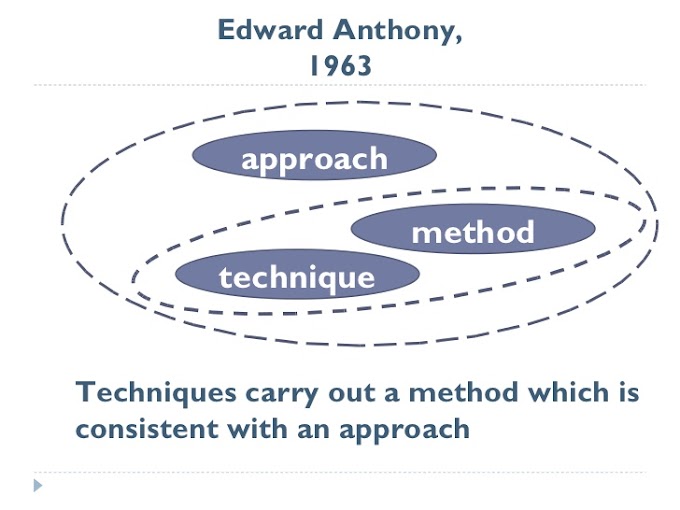Aristotle’s concept of tragedy
Admin
September 06, 2018
The “Poetics” is the first important document in the history of Western Criticism. It deals with tragedy, Comedy and epic . But it concerned chiefly with tragedy, it’s nature, function and it’s constituent parts. Aristotle, in “Poetics”, defines tragedy in the following manner—
“Tragedy , then , is representation of an action that is worth serious attention, complete in itself and of some amplitude; in language enriched by a variety of artistic devices appreciate to the several parts of the play; presented in the form of action, not narration; by means of pity and fear bringing about the purgation of such emotions.”
According to Aristotle’s definition of tragedy, the requirements of a tragedy are—
1. Tragedy imitated serious action i.e. weighty and important action.
2. Tragedy is complete in itself i.e. , it must have a beginning, a middle and an end.
3. The action for plot of a tragedy must be long ( amplitude) enough to permit an orderly development of action to a catastrophe. It should be neither too short nor too long.
4. Tragedy employs several kinds of embellishments (artistic devices) in different parts i.e. , verse in dialogue and song in the choric part.
5. As tragedy has to be presented on the stage, it must be dramatic in form, not narrative.
6. The function of tragedy is to arouse the emotions of pity and fear in the audience to bring about emotional relief (Catharsis).
Having examain the definition, nature and function of tragedy, Aristotle comes to a consideration of its 6 constituent parts. He enumerate six formative (constituent) elements of a tragedy:
• Plot
• Character
• Diction
• Thought
• Spectacle
• Song (Melody)
As regards the character of tragedy, Aristotle lays down four essential qualities.
First, the characters must be good;
Secondly, they must be appropriate;
Thirdly, they must have likeness
Fourthly, they must have consistency.
According to Aristotle, the tragic hero has frailty or error in judgement, as a result of which he moves from happiness to misery, and ultimately dies, but he is neither villainous nor exceptionally virtuous.
As regards the dramatic unities, Aristotle lays out no hard and fast rule. But there is one unity he stresses upon – the unity of action. According to Aristotle, the action of the tragedy must be a logical sequence and a coherent whole , directed towards a single end. As regards the unity of time, Aristotle merely states a general observation that tragedies tended to limit the time to a single revolution of sun , or a little more. The unity of place signifies the fact that the action should take place in one place. Aristotle does not mention the unity of place
Such are the main features of Aristotle’s theory of Tragedy. The theory might have its weaknesses because Aristotle knew only Greek tragedies. Dispute this “Aristotle’s theory of Tragedy is the foundation on which all subsequent discussion of literary aesthetics has most securely based itself.”
Popular Posts
Categories
- Accident lawyer for USA (1)
- Baby Food (1)
- Car Insurance (1)
- Characters (5)
- Drama (33)
- Emily Dickinson (10)
- Essays. (101)
- History (32)
- History of English Literature (10)
- Honours 2nd Year (18)
- Honours 3rd Year (52)
- Literature (271)
- Make Money Online (1)
- Online Incom (2)
- Poetry (174)
- Prose (21)
- Romantic Poetry (15)
- Shakespeare (17)
- Summary (15)
- Teaching Language (5)
- Technology (1)
- Tennyson (22)
- Walter Whitman (4)
- William Blake (9)
- William Wordsworth (16)





0 Comments